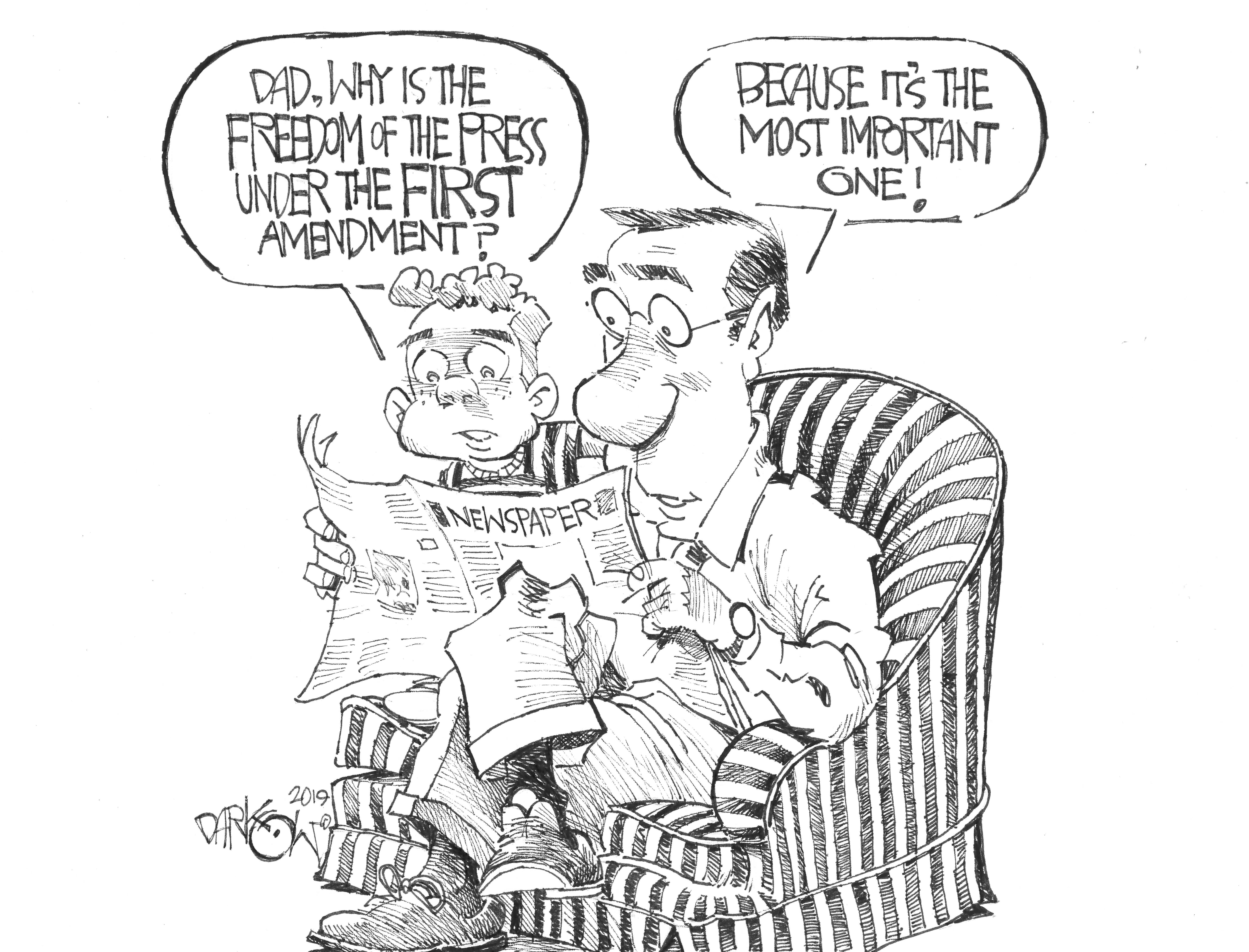Fiscal year begins Oct. 1, budgets looking bleak
Published 9:29 am Wednesday, September 28, 2011
Alabama’s new fiscal year begins October 1. Unlike most states we have two operating budgets. We, of course, have a general fund budget, but we also have a special education trust fund budget. Many of you may be surprised to know that currently over two thirds of all state tax dollars go into this education budget. As late as 30 years ago the two budgets were approximately 50/50 in their receipts.
The dollars that education receives have crept up over the last three decades because the fund’s primary sources of income are from the state’s sales and income tax collections. These two rich veins of revenue have increased incrementally over the years as people’s incomes have risen.
It has a doubling effect when they spend this increased income and sales tax is collected on their purchases.
These earmarked taxes were good for education in the 1980’s and 1990’s. However, we have been in a deep severe recession for close to five years. What goes up usually has to come down, and when it rains it pours. Well the chickens have come home to roost with the downturn in the economy. This Great Recession has had a devastating effect on Alabama’s state budgets.
The budgets that go into effect in three days are austere to say the least. The budget cuts are dramatic and some say draconian. Most state agencies have been cut by at least 20% and some closer to 30%. All state workers who did not lose their jobs received a pay cut of between $1000 to $3000 per year in the form of increased contributions to their retirement and health insurance. Teachers and educational employees endured the same cut in pay along with other drastic changes in school operations.
While the 2012 budget year is bleak, 2013 could be even worse. It is not a good time to be a state legislator, especially if you are on the Budget Committee. Being governor is no picnic either. When Dr. Bentley took office in January he inherited a ship of state that was analogous to walking onto the deck of the Titanic.
At some point state workers and teachers are going to say enough is enough. Eventually something has to give. A good many states will entertain raising new revenue. However, in Republican politics tax is a four letter word and our state legislature and executive branch are overwhelmingly Republican. This group of GOP legislators is extremely conservative. They do not strike me as a group that will be calling for any “revenue enhancement” measures like George Wallace did in the 1980’s.
During Robert Bentley’s successful campaign for governor he suggested that the way to help the state through its funding crisis was to collect taxes on internet purchases made by people in the state. This is not a novel approach. Most states are pursuing the collection of internet sales tax. However, it is harder than it sounds. Collecting taxes from major online retailers is very difficult. Internet retailers are currently required to collect sales tax when they sell to customers living in a state where they have a physical presence such as a store or office. This collection of internet taxes has been elusive and difficult to enforce.
A good many states are pursuing the collection of internet sales tax. However a U.S. Supreme Court ruling involving North Dakota requires only companies that have a physical presence within the state to act as tax collectors. To get around this ruling, some states are expanding what it means to be physically present in the state. The most popular method used by other states is to adopt a policy that says if an online retailer hires a marketing firm or owns a subsidiary inside the state they have to pay taxes.
The Texas state comptroller recently demanded that Amazon.com pay $269 million in back sales taxes because a subsidiary operated a warehouse near Dallas. Amazon is fighting the order.
Arkansas, Colorado, Florida, Hawaii, Massachusetts, Minnesota, Pennsylvania, Illinois, Rhode Island, North Carolina, New York and Texas have enacted laws or have bills pending that give them an angle to pursue lost taxes from internet sales. Traditional retailers such as Walmart, Target, Best Buy, J.C. Penney and Sears are complaining loudly and have formed an alliance to push for more stringent tax laws on internet retailers. It is not only fair to collect these taxes, it is the law.
It is estimated that states lose approximately $23 billion a year in uncollected sales taxes on internet purchases. Alabama needs to diligently pursue this avenue of lost revenue.
See you next week.


